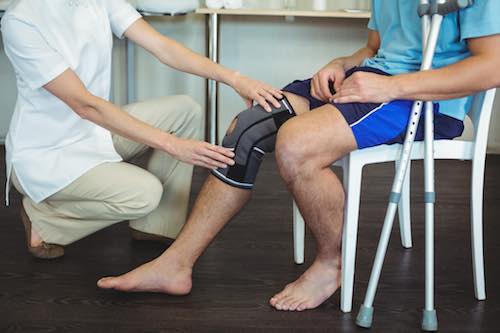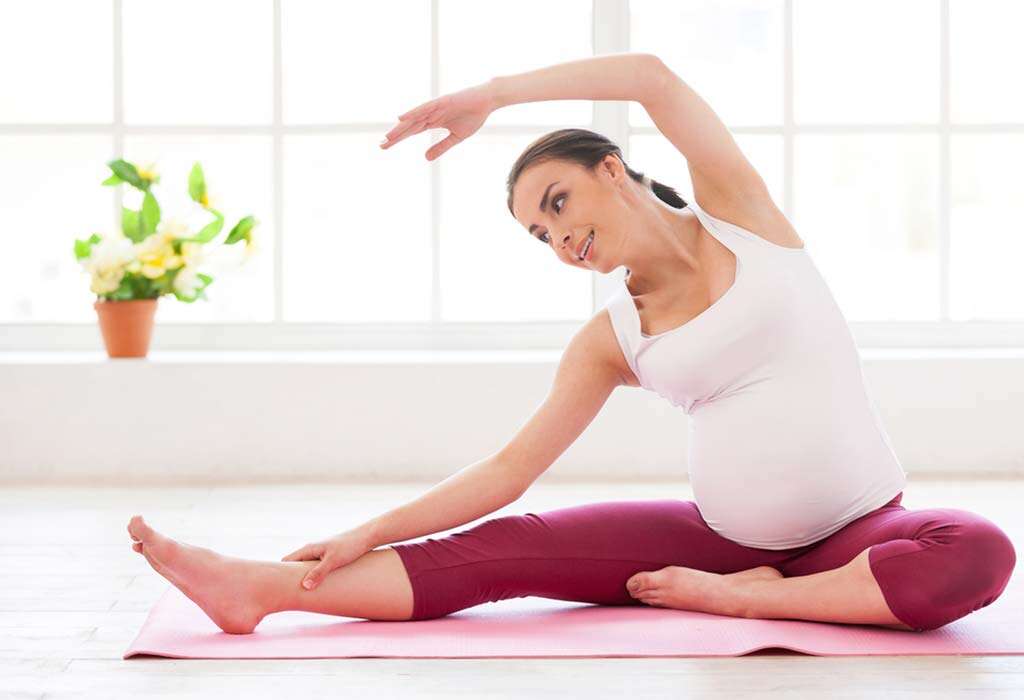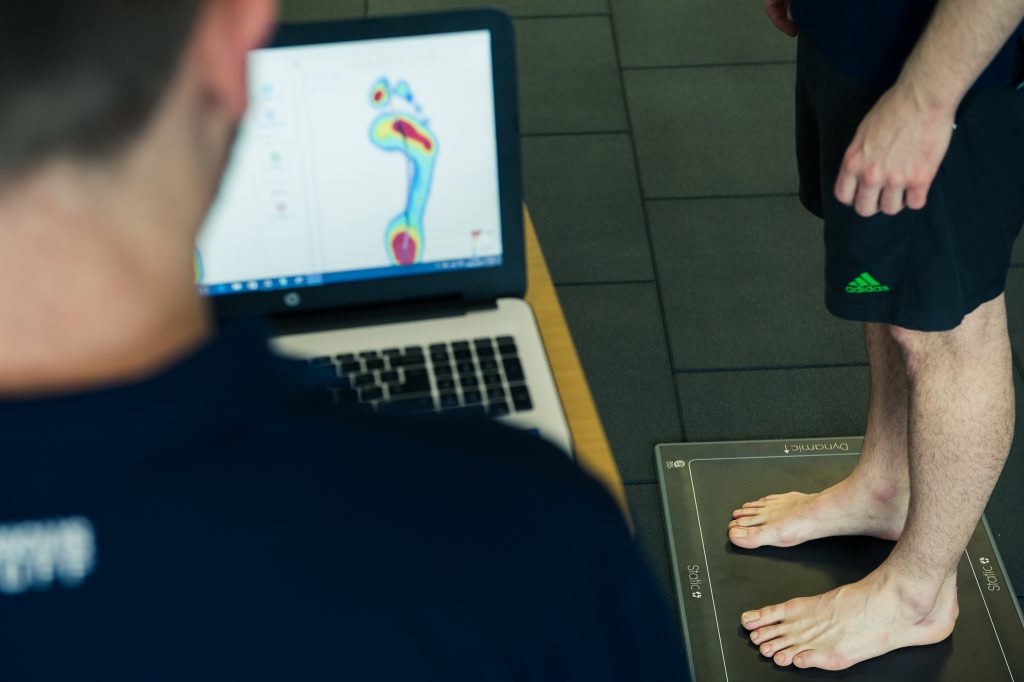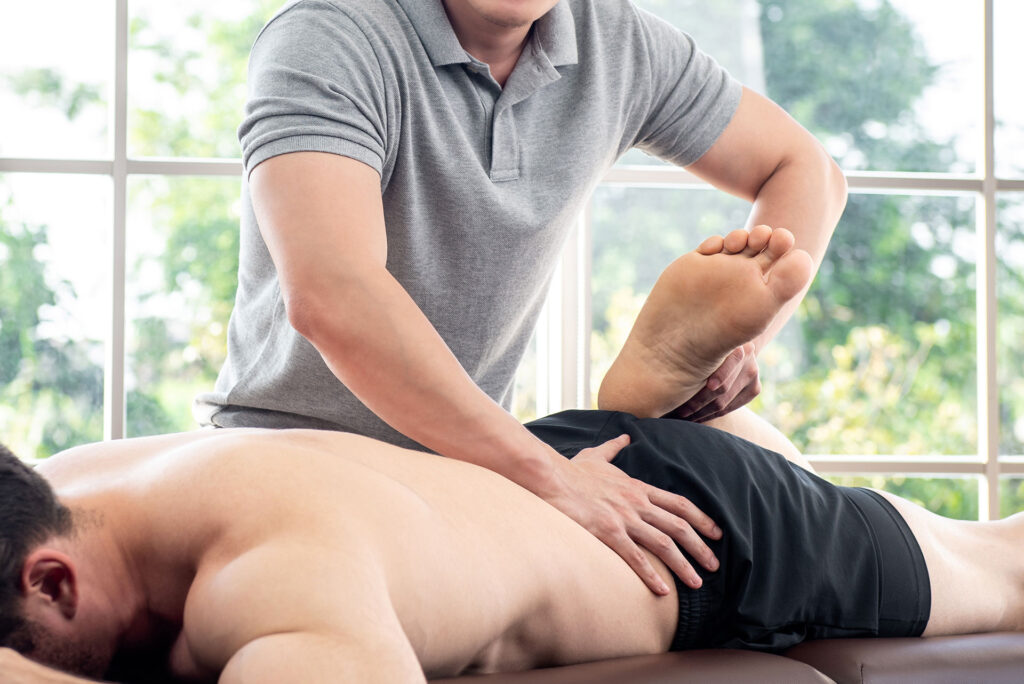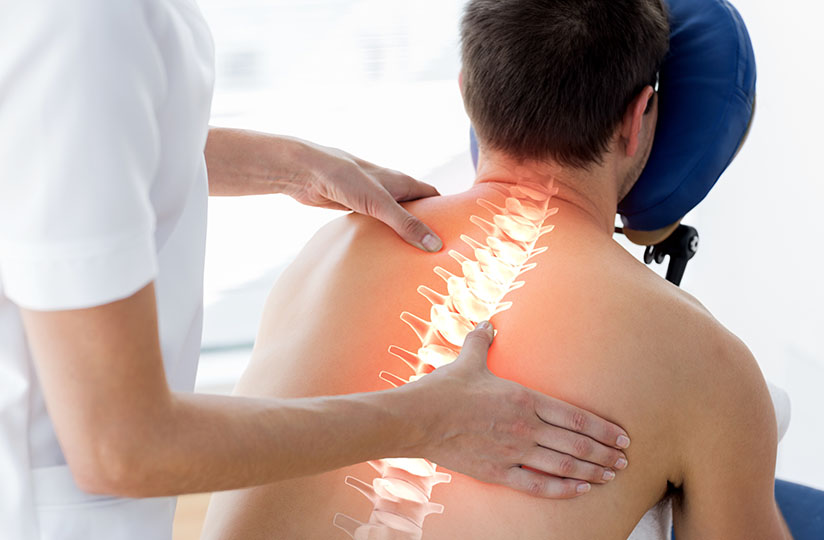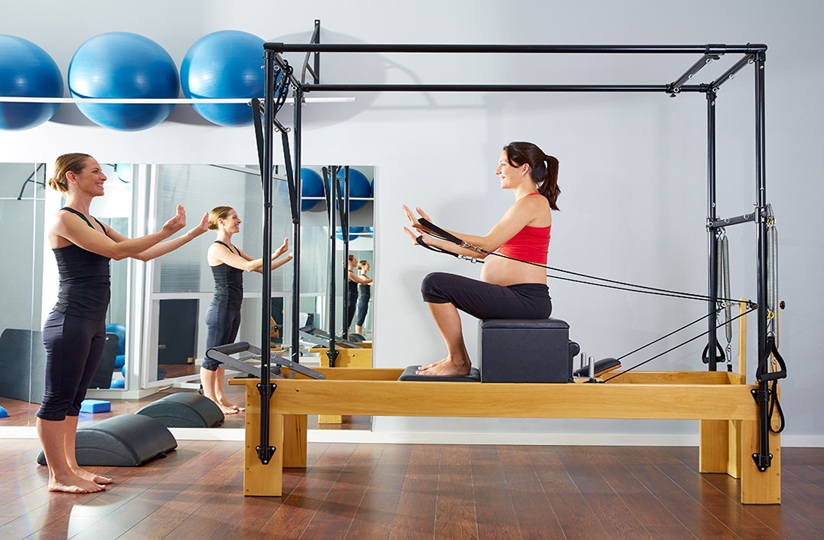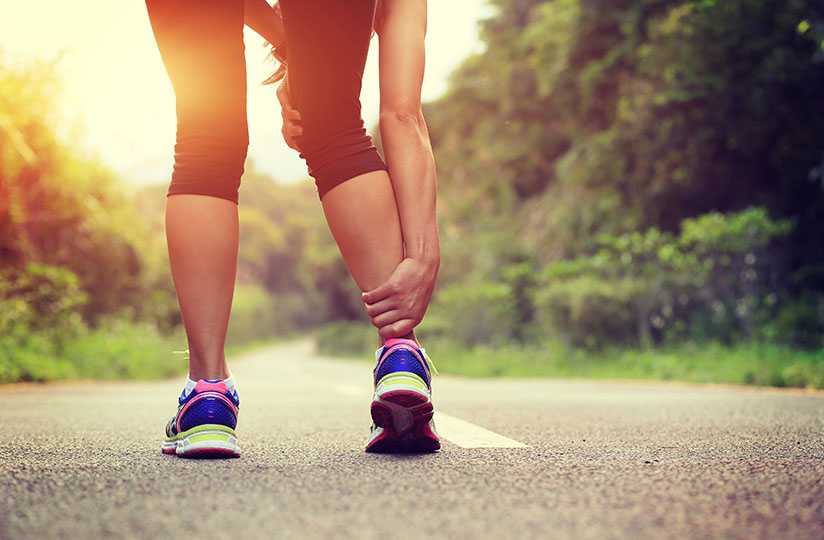The London Marathon
The London Marathon is one of the biggest running events in the world and is part of the top five world marathons that make up the World Marathon Majors competition. Previously the event was sponsored by Flora (from 1996 to 2009), but the race is now sponsored by Virgin Money, as the Virgin London Marathon.
Running the marathon is a fun experience and a great opportunity to raise money for charity. However, it is also a very demanding event on your body. Running injuries are very common and can be very troublesome.
They can be classified in two categories: traumatic injuries, which result from trauma due to actions such as tripping over a kerb while out running, and overuse injuries, which occur as a result of repetitive overload on a tissue. Each run causes trauma on a microscopic scale, which accumulates and leads to injury (e.g. lower limb tendonitis).
An overuse injury can be further classified as either ‘intrinsic’ or ‘extrinsic’. Intrinsic factors relate to the individual physical characteristics. These include muscle imbalance, lack of flexibility or too much flexibility (hypermobility), body composition and size, biomechanics related to a person’s body structure such as leg length discrepancies, flat feet or excessive inward roll of feet (overpronation); and gait abnormalities. An extrinsic injury, on the other hand, is caused by an external force. Examples of extrinsic factors which may lead to running injuries include:
- Inappropriate or worn-out running shoes
- Too much road running or running the same way on a cambered road/uneven surfaces repeatedly
- Training errors - the most common ones being increasing running distances too quickly or not allowing enough rest or recovery between runs
- Environmental conditions (cold/hot weather)





Muscle or tendon injuries are likely to occur in cold weather when there has been insufficient warm-up. Similarly, heat exhaustion and dehydration can also contribute to injuries. Therefore, preventing running injuries involves identifying potential problem areas and doing something about it, where possible. Some solutions to prevent injuries from the extrinsic factors mentioned above are the following: changing trainers after approximately 500 miles (804.7km); going off-road or varying your route frequently; building up running distances steadily and ensuring you have rest days; ensuring you wear layers when running in the cold; warming up sufficiently; and always keeping hydrated.
If you suffer an injury running, it’s important to get it checked out and treated by a sports injury specialist as ignoring aches and pains can lead to more serious problems further down the line. At Kingston Physiotherapy we provide specialist treatment for all running injuries. We are one of the London Marathon Injury Clinics and we treat all types of marathon runners, from the first time runners to the elite runners. Common running injuries include plantar fasciits, shin splints (“medial tibial periostitis”), calf and/or Achilles tendon strain, knee injuries including “runner’s knee” and ITB syndrome, hamstring strains, and hip bursitis (see the ‘What We Treat’ section for information about these conditions).
It is extremely important to remember that although there are many common injuries, your injury is individual to you. Our physiotherapists will make a precise diagnosis and guide you through your rehabilitation phase. Physiotherapy treatment for running injuries involves manual therapy treatment including joint mobilization, soft tissue therapy (massage, ice massage, ischemic pressure and acupuncture to treat trigger points), heat therapy, cryotherapy, orthotics, taping, electrotherapy, general advice and education on your condition, remedial exercises to correct muscle imbalance, and a regular programme of tailored exercises including stretches and strengthening exercises.
If you’re training for the marathon this year, and it’s the first time you’ve attempted such a distance, well done! But bear in mind that the worst thing you can do as the event comes closer is to overtrain. Don’t overdo it, listen to your body and be sensible or you may provoke an overuse injury which could prevent you from taking part on the big day.
Our Services
Post-Operative Rehab
Post-Operative Rehab Recovery and Rehabilitation After Surgery Services Services Detail After a fracture, you are normally put in plaster for up to six weeks to allow the bone to heal.
Ante / Post-Natal Care
Ante / Post-Natal Care Ante / Post-Natal Care Supportive Care for Ante / Post-Natal Wellbeing Services Services Detail At Kingston Physio, we provide treatments and advice for women who may
Golf Screening & Injuries
Golf Screening & Injuries Golf Screening & Injuries Golf Screening & Injuries Services Services Detail Injuries Common golf injuries include: Back and neck pains Shoulder pains Elbow pains Knee and
Biomechanical Assessment & Orthotics
Biomechanical Assessment & Orthotics Tests to Diagnose the Cause for Biomechanical Assessment & Orthotics Services Services Detail The Assessment Many problems such as painful knees or a bad back can
Acupuncture
Acupuncture Restoring Balance and Well-Being Services Services Detail Acupuncture is one of the oldest recorded forms of medicine, having been used in China for over 3,000 years. There are several
Sports Massage
Sports Massage Tests to Diagnose the Cause of Back and Neck Pain Services Services Detail Benefits of massages include: Our massage therapists offer a wide variety of massages, including sports
Back and Neck Pain
Back and Neck Pain Tests to Diagnose the Cause of Back and Neck Pain Services Services Detail Around 90% of people will develop back or neck pain during their lifetime.
Clinical Pilates
Clinical Pilates Clinical Pilates Clinical Pilates: Strengthen, Heal, and Perform at Your Best! Services Services Detail Pilates is a controlled exercise performed in conjunction with deep breathing that aims to
Sports-injuries
Sports-injuries Sports-injuries Kingston Physio offers top treatment for sports injuries and rehabilitation. Services Services Detail At Kingston Physio, we offer the very best treatment for sports injuries and rehabilitation. Our
Ergonomics & Work Related Injuries
Ergonomics & Work Related Injuries Get tests to be able to diagnose the cause of your symptoms. Services Services Detail Nowadays, many people work in an office environment where almost
Join Now, get a new experience
We Are Very Experienced Since 1995
Patient Recover
Physiotherapy
Years Of Experience


